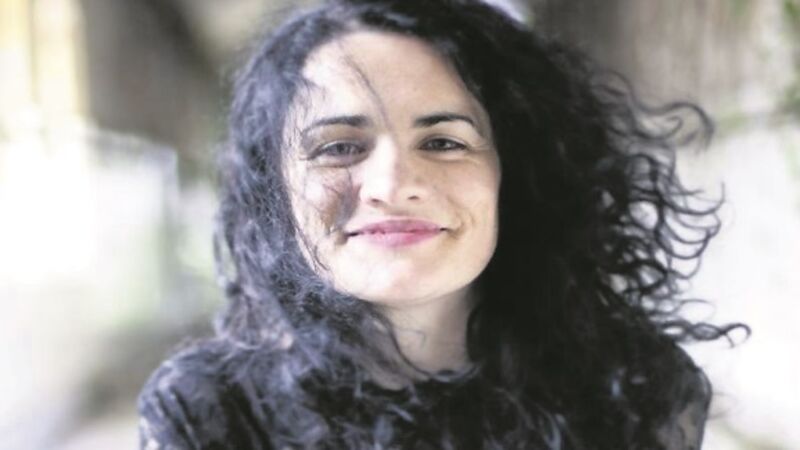Composer Irene Buckley is bringing her musical passion to Joan of Arc

"MOST composers think that their composition is only going to be performed once. It’s performed, and then you start working on a new piece.”
Irene Buckley is talking about her original score for the 1928 silent movie The Passion of Joan of Arc, considered a masterpieces of cinema, both for director Carl Theodor Dreyer’s innovative techniques and for the mesmerising performance of stage actor Renée Jeanne Falconetti in her role as the French martyr, her only appearance on screen.











